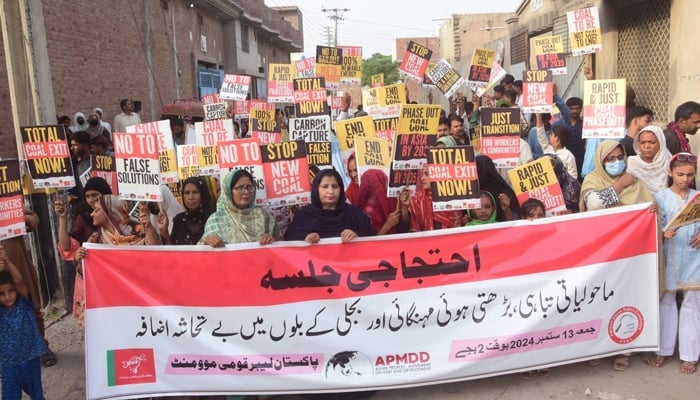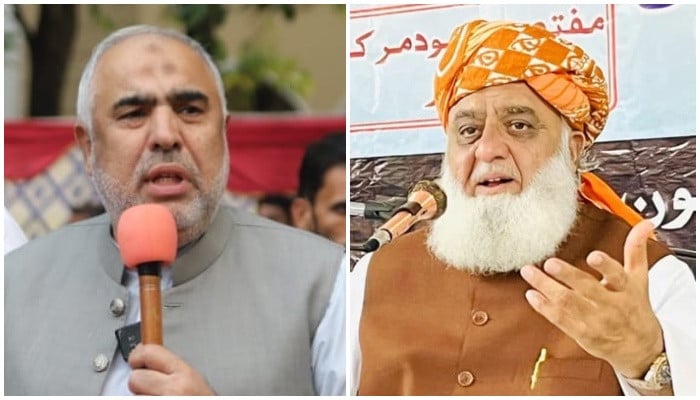Health
Fuelling the future
字号+ Author:Smart News Source:Sports 2025-01-15 07:55:39 I want to comment(0)
HEALTH is a legal right, which has been endorsed by the Universal Declaration of Human Rights. It is a crucial indicator of a nation’s progress. Robust health ensures promising capabilities and lifelong learning abilities. It is also widely recognised that the educational goals of a nation cannot be met without a healthy foundation and sound nutritional status. Optimal nutrition at the right time and age is vital for child survival, good physical growth, cognitive development, and educational attainments for future economic productivity. Good health, nutrition, and education are indispensable tools for a flourishing economy and human development. Nobel laureate and economist Amartya Sen has said: “Economic growth without investment in human development is unsustainable.” Investment in human development through nutritional intervention in the form of school meal programmes has proved beneficial and helped enhance academic performance, health status, and energy levels. It has also helped lessen food insecurity, poverty, malnutrition, and gender inequality. The World Health Organisation stated a couple of years ago that nearly half of global deaths among children under five years of age are due to malnutrition. Most of these children are from the low- and middle-income countries. Studies show that children who are adequately nourished in the first 1,000 days of life (from conception until two years) are less likely to suffer from infections. Evidence has suggested that stunting resulting from malnutrition in the first 1,000 days is irreversible. However, an international study by Young Lives indicated that a window of 7,000 days in a child’s life can help him/her regain growth and development. According to Unicef, the middle childhood and adolescent phase (five to 19 years) is the second window of opportunity to improve nutritional status, reverse stunting, accelerate linear growth, and fend off malnutrition outcomes in the future. This signifies the importance of introducing nutritional interventions at school through unprocessed foods containing micro and macronutrients, and a low-fat, salt, and sugar regime. This will not only help the dietary behaviour of the new generation transition towards healthier eating habits, it will also promote environmental sustainability. Meals at school will enhance economic productivity. Education is a tool for nation-building and high productivity — and a state obligation. Likewise, good nutrition serves as the foundation for good health required for sustained economic growth. In Pakistan, amid an educational emergency, 26 million children are reportedly out of school; the nutritional situation is also disappointing. According to the Global Alliance for Improved Nutrition, about 40m adolescents in Pakistan are at risk of malnutrition (21 per cent of boys and 12pc of girls are underweight, while 18pc of boys and 17pc of girls are overweight/obese). The unprecedented high cost of living and a growing population are worsening the situation. With six years left to achieve SDG 2 to end hunger and malnutrition, it is not too soon to declare and address a nutritional emergency. According to the Investment Framework for Nutrition 2024, spending on adequate nutrition has immense benefits; every dollar spent can yield a high return of $23 in the future. The World Food Programme is committed to ensuring and investing in nutritious school meals for every child at school by 2030; this is the most widespread social safety net globally and an effective way to ensure healthy young lives. Focusing on school education reforms in Pakistan, milk is being provided to schoolchildren in many places, which is a great start for school meal programmes and a step towards fulfilling the global goals of ending hunger and malnutrition by 2030. In addition, the assessment of a child’s nutritional status before school admission must also be made compulsory to monitor growth on a national level to prevent nutritional deficiencies in children. A nutrition-sensitive food system through intersectoral efforts is required to plan and execute a well-balanced school meal programme involving experts, local producers, and stakeholders, with regional or organic products for maximum benefits. Funds from the health sector can be coupled with school meal programmes as this investment will have far-reaching effects on health. It will substantially reduce social and gender inequalities, and contribute towards a sustainable food system, public welfare, improved nutritional status, and enhanced economic growth and human capital.
1.This site adheres to industry standards, and any reposted articles will clearly indicate the author and source;
 Related Articles
Related Articles-
Currency Rates in Pakistan Today – US Dollar, Euro, SAR, AED to Rupee – 19 December 2024
2025-01-15 07:55
-
CM Maryam invites Chinese tech companies to invest in Punjab
2025-01-15 07:36
-
Govt increases petrol price by Re0.56 per litre
2025-01-15 06:10
-
Bears dominate PSX as profit-taking halts gains
2025-01-15 05:54
 User Reviews
User Reviews Recommended Reads
Recommended Reads Hot Information
Hot Information- Punjab notifies winter holidays; schools to reopen on Jan 13
- PSX powers up by over 3,000 points as investors seize opportunity after historic losses
- NA bill seeks to tighten noose around non-filers
- Federal Reserve lowers interest rates but signals fewer cuts by 2025
- UAE rolls over $2 billion deposits for Pakistan
- PSX faces selling pressure amid foreign outflows
- PSX faces selling pressure amid foreign outflows
- Pakistan's tax gap has exceeded Rs7tr, reveals FBR chairman
- Two terrorists killed in DI Khan IBO
 Abont US
Abont US
Follow our WhatasApp account to stay updated with the latest exciting content













